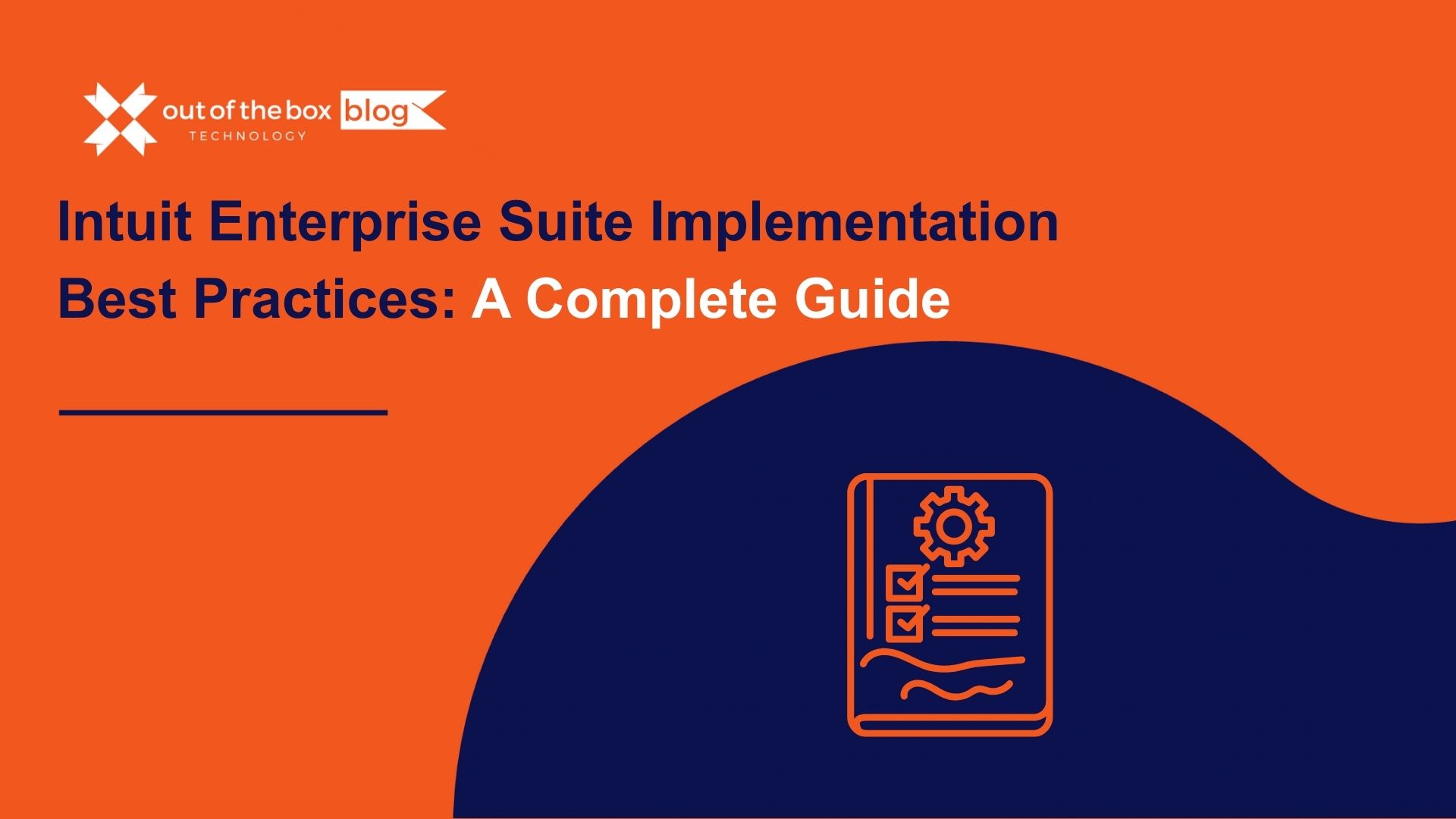Bookkeeping is the backbone of every successful business, providing a clear and accurate record of all financial transactions. To ensure consistency, reliability, and accuracy in financial reporting, bookkeeping relies on a set of fundamental principles. These principles, often referred to as the basic bookkeeping principles, form the foundation upon which the entire practice of bookkeeping is built.
In this comprehensive guide, we will delve into the 10 basic bookkeeping principles, exploring their significance, application, and impact on financial management. Whether you’re a small business owner, a budding bookkeeper, or an experienced accountant, understanding these principles is crucial for maintaining accurate and effective financial records.
1. The Principle of Regularity
The principle of regularity dictates that bookkeeping practices should adhere to established rules and regulations. This means following standardized procedures and guidelines consistently to ensure that financial records are accurate and reliable. Compliance with legal and regulatory requirements is essential for maintaining the integrity of financial information.
Application
- Consistency: Apply the same accounting methods and practices consistently over time.
- Adherence: Follow accounting standards such as Generally Accepted Accounting Principles (GAAP) or International Financial Reporting Standards (IFRS).
2. The Principle of Consistency
The principle of consistency emphasizes the importance of using the same accounting methods and practices from one period to the next. This allows for comparability of financial statements over time, enabling stakeholders to identify trends and make informed decisions.
Application
- Methodological Consistency: Use the same methods for recording transactions, such as FIFO (First-In, First-Out) or LIFO (Last-In, First-Out) for inventory.
- Reporting Consistency: Ensure that financial statements are prepared in a consistent manner, facilitating year-to-year comparisons.
3. The Principle of Sincerity
The principle of sincerity requires bookkeepers and accountants to present financial information honestly and accurately. It entails providing a true representation of the financial position of the business, free from bias or manipulation.
Application
- Honesty: Report financial transactions truthfully without deliberate misrepresentation.
- Accuracy: Ensure that all financial records reflect the actual transactions and events of the business.
4. The Principle of Permanence of Methods
This principle underscores the importance of maintaining the same bookkeeping methods over time. It ensures that financial data remains consistent and comparable across different accounting periods, providing a reliable basis for analysis and decision-making.
Application
- Method Stability: Stick to the same accounting policies unless there is a justified reason for change.
- Documentation: Clearly document any changes in accounting methods, explaining the reasons and impacts.
5. The Principle of Non-Compensation
The principle of non-compensation prohibits offsetting debts against assets or expenses against revenues unless specifically permitted by accounting standards. This principle ensures that financial statements provide a clear and unbiased view of a company’s financial position.
Application
- Gross Reporting: Report revenues and expenses separately without netting them off.
- Transparency: Ensure that all financial elements are presented clearly and distinctly.
6. The Principle of Prudence
The principle of prudence, also known as conservatism, requires bookkeepers to exercise caution when making financial estimates or judgments. It emphasizes recognizing expenses and liabilities as soon as they are foreseen, rather than waiting for certainty.
Application
- Cautious Estimation: Recognize potential losses and liabilities early, while gains are only recorded when they are certain.
- Avoid Overstatement: Ensure that assets and income are not overstated, while expenses and liabilities are not understated.
7. The Principle of Continuity
The principle of continuity, or going concern, assumes that a business will continue to operate indefinitely. This assumption affects the valuation of assets and liabilities, as it presumes that the business will not be forced to liquidate in the near future.
Application
- Asset Valuation: Value assets based on their ongoing use in the business rather than their liquidation value.
- Liability Recognition: Recognize liabilities that will continue to be incurred in the normal course of business.
8. The Principle of Periodicity
The principle of periodicity involves dividing the business’s financial life into distinct periods, such as months, quarters, or years. This segmentation allows for regular reporting and analysis of financial performance.
Application
- Regular Reporting: Prepare financial statements at regular intervals to provide timely information to stakeholders.
- Time Frame Definition: Clearly define the accounting periods used for financial reporting.
9. The Principle of Full Disclosure
The principle of full disclosure requires that all relevant financial information is disclosed in the financial statements. This includes any information that could influence the decision-making process of users of the financial statements.
Application
- Complete Information: Provide comprehensive notes and disclosures alongside the financial statements.
- Transparency: Ensure that all material information, including contingent liabilities and significant events, is disclosed.
10. The Principle of Materiality
The principle of materiality recognizes that not all financial information is equally significant. Materiality dictates that financial statements should include all information that could influence the economic decisions of users.
Application
- Significance Threshold: Determine a threshold for materiality based on the size and nature of the business.
- Relevant Information: Focus on providing information that is relevant and significant to users of the financial statements.
Applying the Principles: A Practical Example
To illustrate how these principles are applied in practice, let’s consider a small retail business, “Sunny’s Electronics.”
Scenario
Sunny’s Electronics is preparing its financial statements for the year ended December 31, 2023. Here’s how the 10 basic bookkeeping principles are applied:
- Regularity: Sunny’s follows GAAP standards for all its accounting practices.
- Consistency: The business uses the FIFO method for inventory valuation every year.
- Sincerity: All sales and expenses are recorded accurately, without any manipulation to present a more favorable financial position.
- Permanence of Methods: The accounting methods used in 2023 are consistent with those used in previous years, ensuring comparability.
- Non-Compensation: Sunny’s reports its gross sales revenue separately from its expenses, without netting off returns or allowances.
- Prudence: Potential losses from obsolete inventory are recognized immediately, while gains from future sales are recorded only when realized.
- Continuity: Assets such as equipment are valued based on their expected ongoing use, assuming Sunny’s will continue operations.
- Periodicity: Financial statements are prepared monthly, quarterly, and annually, providing regular updates on financial performance.
- Full Disclosure: Notes to the financial statements disclose significant information such as pending litigation and changes in accounting policies.
- Materiality: Minor expenses are aggregated, while significant transactions such as the purchase of a new store location are disclosed separately.
The Importance of Bookkeeping Principles
Adhering to these bookkeeping principles is crucial for several reasons:
1. Accuracy and Reliability
These principles ensure that financial records are accurate and reliable, providing a true representation of the business’s financial position.
2. Comparability
Consistency and permanence of methods enable stakeholders to compare financial statements across different periods, facilitating trend analysis and informed decision-making.
3. Transparency
Principles like full disclosure and non-compensation enhance transparency, ensuring that financial statements provide a clear and unbiased view of the business.
4. Compliance
Following established bookkeeping principles ensures compliance with legal and regulatory requirements, reducing the risk of penalties and legal issues.
5. Decision-Making
Accurate, reliable, and transparent financial information is essential for making informed business decisions, whether it’s for managing cash flow, planning investments, or assessing profitability.
Summary
Understanding and applying the 10 basic bookkeeping principles is essential for maintaining accurate and effective financial records. These principles provide a framework that ensures consistency, reliability, and transparency in financial reporting. By adhering to these principles, businesses can enhance their financial management, comply with regulatory requirements, and provide valuable insights to stakeholders.
Whether you’re setting up a new business, managing an existing one, or providing bookkeeping services, these principles are the foundation upon which successful financial management is built. Take the time to understand them, apply them diligently, and you’ll be well-equipped to handle the complexities of financial record-keeping with confidence and accuracy.
Meet with a QuickBooks service expert today!
Schedule a complimentary QuickBooks service consultation to find out the recurring accounting services to help your business run at its best.




